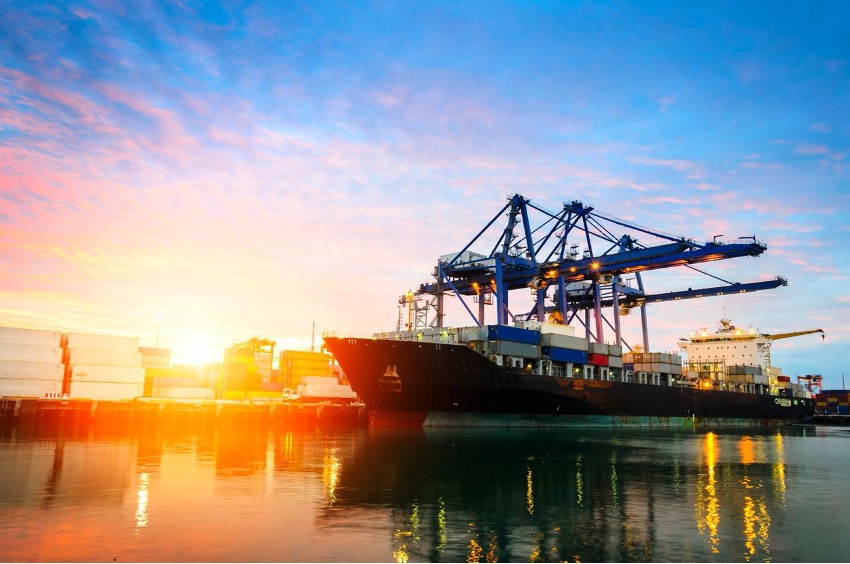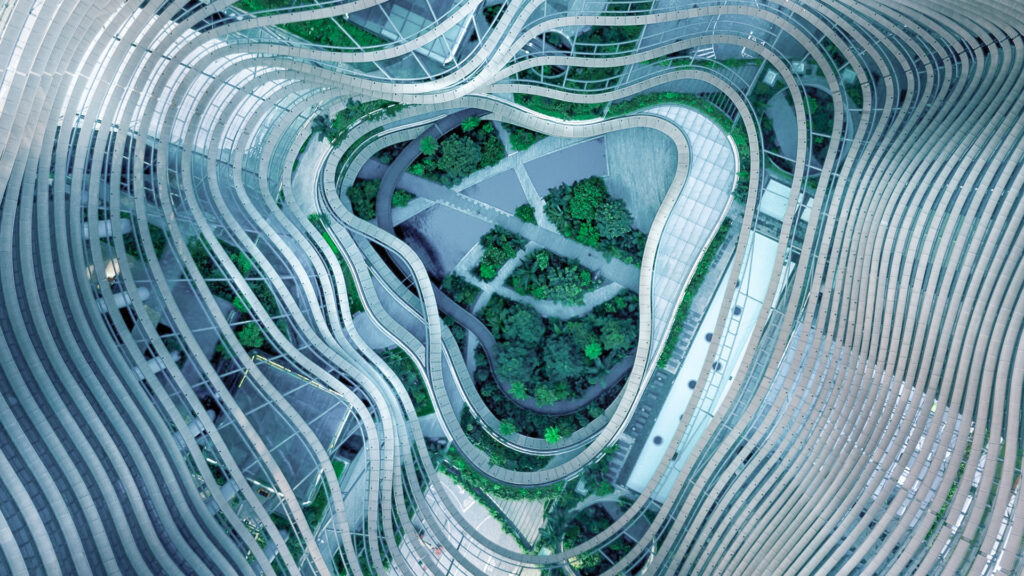Did you know that Moaah means ‘to gather’ in Korean ? Since being founded in 2019, Moaah, a Singapore Deeptech startup has exactly done that. Specialising in compliance screening and supply chain safety, Moaah aims to combine human intelligence and data analytics using AI to create innovation and efficiency in the maritime and supply chain industries.
Moaah is based in Singapore, which is one of the best trading and maritime hub in the world have made enormous strides disrupting the supply chain industry. Moaah was part of our 1st Deeptech Accelerator Cohort, and in the past 2 years, we have seen them grow within the South East Asia market and clinch some important contracts. We had the pleasure to catch up with the CEO, Yun Sil Chu to discuss Moaah in more depth and how joining our DeepTech Accelerator Programme has benefitted Moaah.
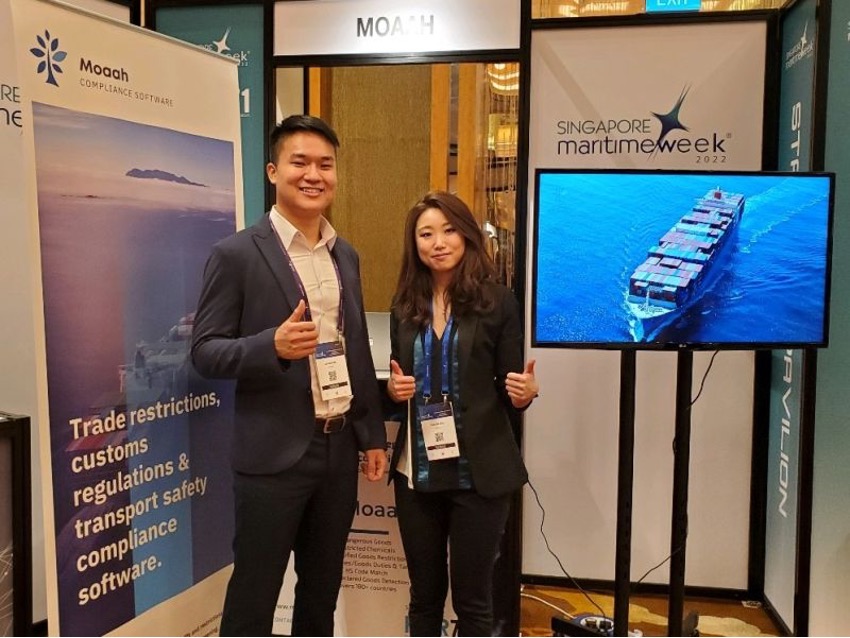
Did you know that Moaah means ‘to gather’ in Korean ? Since being founded in 2019, Moaah, a Singapore Deeptech startup has exactly done that. Specialising in compliance screening and supply chain safety, Moaah aims to combine human intelligence and data analytics using AI to create innovation and efficiency in the maritime and supply chain industries.
Moaah is based in Singapore, which is one of the best trading and maritime hub in the world have made enormous strides disrupting the supply chain industry. Moaah was part of our 1st Deeptech Accelerator Cohort, and in the past 2 years, we have seen them grow within the South East Asia market and clinch some important contracts. We had the pleasure to catch up with the CEO, Yun Sil Chu to discuss Moaah in more depth and how joining our DeepTech Accelerator Programme has benefitted Moaah.
1. There are over 75 million containers carrying mis-declared goods every year, which is the leading cause of container ship fires occurring once every two weeks. How does Moaah’s technology enable port authorities and the supply chain to detect them early and mitigate the risks involved?
The container market sees over 260 million containers being shipped each year, with 1/3 of them being mis-declared by shippers. Mis-declared goods pose serious safety risks for shipping companies and ports, as they cannot be safely secured and transported without a proper declaration. Inspection by the NCB has reported that 10% of all containers carried dangerous goods, where more than 55% of them were not meeting the safety standards of storage. Furthermore, mis-declared cargos may contain illegal goods, where upon customs inspections, cause serious financial losses due to operational delays and cost of legal procedures.
Moaah solves this global crisis of misdeclared cargos by screening millions of datasets to predict the content of cargos, and match them to their respective trade and safety regulations. For instance, a simple keyword search of ‘’bleach’’ will alert the customer that it contains chemicals such as ‘’ammonium nitrate’’ that is deemed hazardous under the UNECE.
2. Supply chain is a highly regulated and complex industry, what are some of the largest challenges and opportunities you see in this space? What impact has Moaah’s technology been able to create for your clients to navigate these challenges and opportunities?
In 2021, WHO has reported that between 4,270 and 5,400 people died every day due to unintentional exposure of chemicals. Increasingly, more hazardous chemicals are being invented and used in our daily consumer products. Hence, regulators are adopting ‘’early chemical control’’ initiative where chemical use is being controlled at the stages of early product manufacturing or import for use. Because regulations are often written in descriptive formats and are multi-jurisdictional, it becomes tedious and time-consuming to cross-check all the listed restrictions. The same goes with how dangerous goods are often not caught under the operations system, because shippers declare product names and not the chemicals components inside the products in the packing list.
Moaah sees the opportunities in providing a fast and easy solution for actors in the supply chain industry, such as exporters and logistics companies to check for compliance in safety and trade regulations. We has spent over 3 years in developing our own proprietary database with over 300mil+ real product information and a unique algorithm to match cargo contents to HS Codes, predict their ideal commercial values and chemical contents for signs of misdeclaration or trade regulations breach for cross-border export and transport.
3. With safety and trade regulations changing rapidly, how does Moaah keep up to date with these and ensure your data is always up to date? How does Moaah help supply chain industries to manufacture, export and transport in compliance with these changing regulations?
We ensure that regulations that we screen are as up to date as possible, by keeping track of the regulations update schedules and release dates of new regulations. All of our trade restrictions data such as duties and prohibitions are updated daily, covering 180+ countries and economics regions. All of our regulations are cited in our screening report so that our customers can further cross-check their accuracy if required.
4. We’ve seen how much Moaah has grown and achieved in the past 2 years since you joined the first cohort of IoT Tribe’s Deeptech Accelerator Programme in March – June 2020. Congratulations on the multiple awards and contracts you have clinched! Tell us more about your journey over the past two years. What made you decide to pivot from being a lawtech to focus on supply chain compliance? What were some of the challenges you faced along the way, and how did you overcome them?
Prior to co-founding Moaah, I was working in a law firm where I learnt that companies often struggled to keep up to date with new regulations that could seriously affect their operations in the future. As a lawyer, it has always been my passion to make laws and regulations more accessible for companies to be aware of, to avoid future legal liabilities or disputes. In terms of challenges, we haven’t faced anything significant despite the pandemic that occurred in the last 2 years.
An interesting use case where we have successfully done so was a project performed with a major fitness chain. We were asked to address our clients’ problems with their energy costs across 40 different locations, which was steadily rising and at an unpredictable rate. We analysed data from one of their locations in Istanbul, which was consuming 22K€ worth of energy per month. Our analyses uncovered a complete disconnect between their automation system and building. Our client had installed a system with a proxy that assumed occupancy was maxed out and without any intelligence to adapt. In other words, their system had catered for service levels assumed to be necessary for up to 1,000 people, when actual occupancy rates averaged between 20% to 35% in reality. A lot of energy was redundantly consumed.
5. How has the IoT Tribe Deeptech Accelerator Programme helped you in your journey? What are some of the Moaah’s plans for future expansion and growth?
Since completing the IoT Tribe Deeptech Accelerator Programme, we got into the maritime sector, working on government project for a port in Europe which centred around transaction of shipping-related data and information for a trade. Since then, our passion for the industry grew, and we were awarded finalist in a smart port challenge organised by the Maritime Port Authority in Singapore in 2020, and Finalist for Trade and Connectivity Challenge in 2022.
